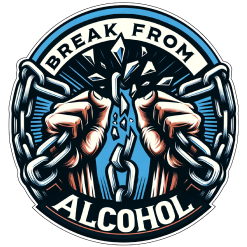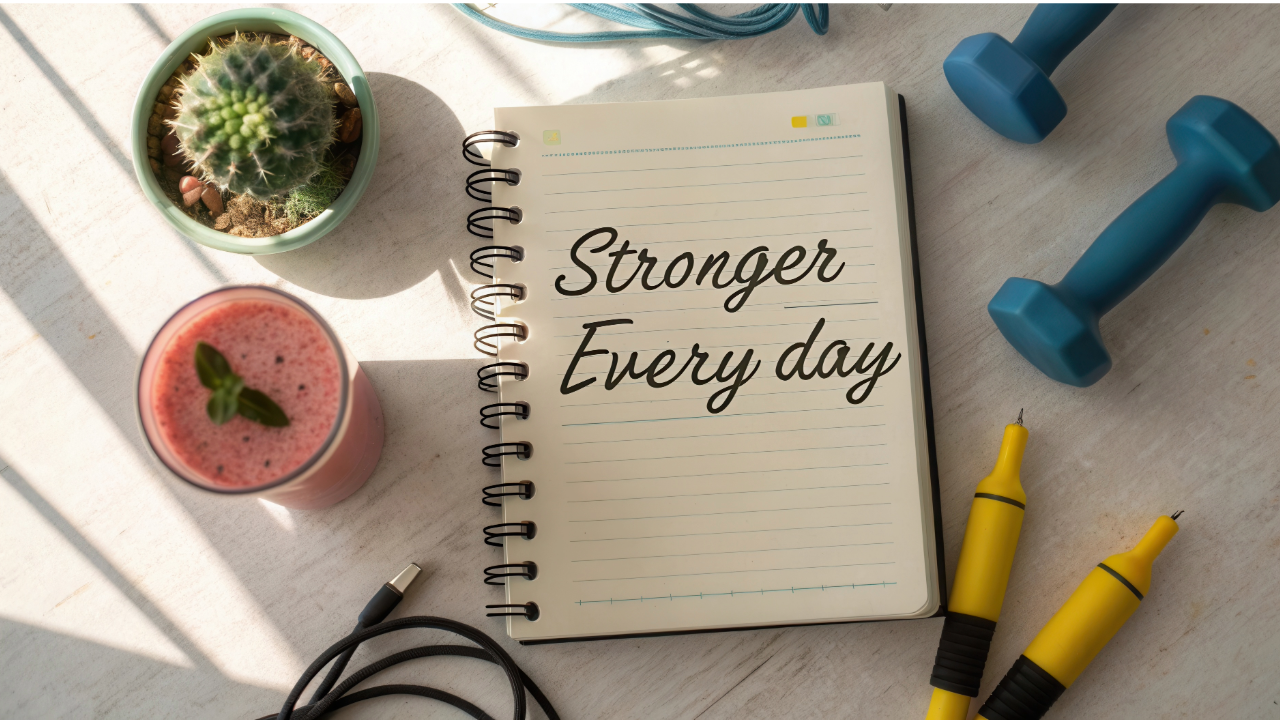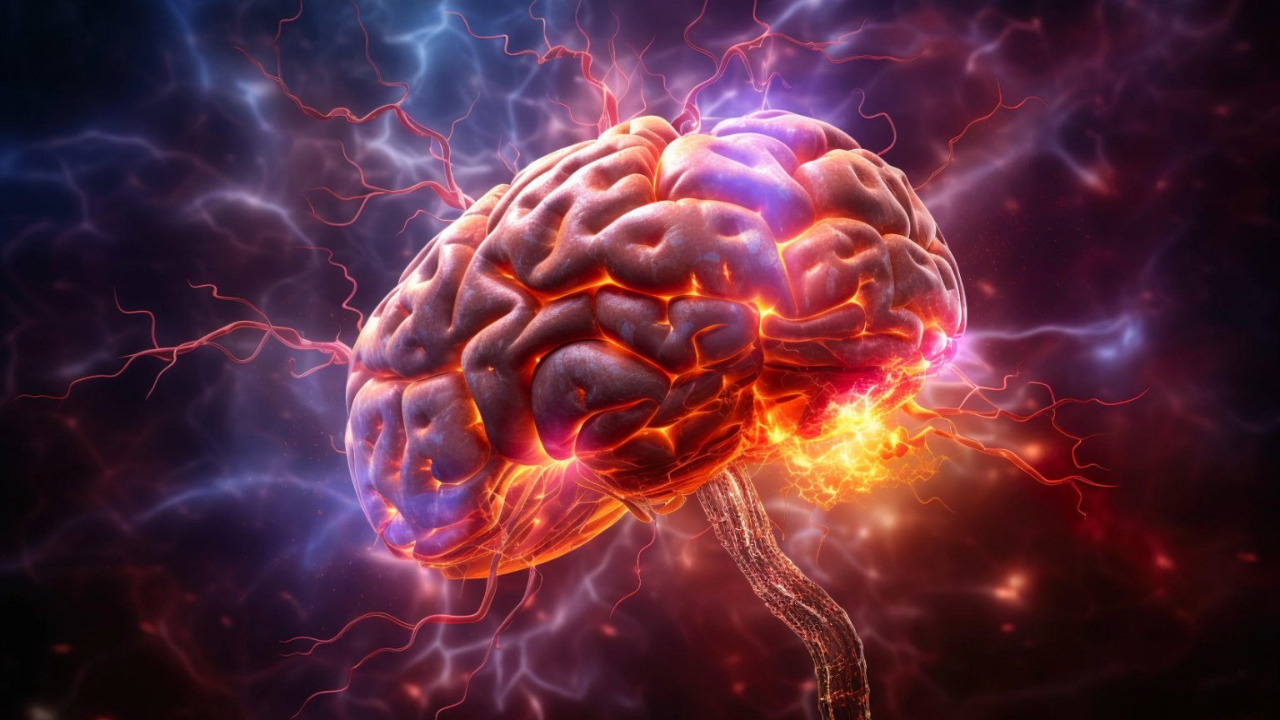The Challenges of Taking a Break from Alcohol
May 08, 2025
The Unexpected Struggle
When Bill decided to take a 30-day break from alcohol, he thought it would be simple. After all, he wasn’t someone who drank heavily every day, just a few glasses of whisky after work or with friends on the weekends. “It’ll be easy,” he told herself. “It’s just 30 days.” But by day three, Bill found herself standing in her kitchen, staring at the bottle of whisky on the counter. He wasn’t craving the whisky itself, it was the habit of unwinding with it, the “ritual” at the end of a long day. And it wasn’t just that. Friends were already asking why he wasn’t drinking, and social events suddenly felt awkward.
Taking a break from alcohol often seems straightforward on the surface, but in reality, it comes with challenges, both internal and external. The key is to anticipate those hurdles, face them with compassion, and lean into the opportunities they offer for growth.
In this post, we’ll dive into the common challenges people face when stepping away from alcohol and explore how to overcome them, one day at a time.
Challenge #1: Breaking the Habit Loop
Alcohol isn’t just about the drink itself, it’s often tied to routines, habits, and rituals that have become second nature. For Bill, whisly signaled the end of his workday. For others, it might be a beer during the game, a cocktail at happy hour, or a drink while cooking dinner.
These habits are deeply ingrained, and when you try to break them, your brain protests.
Why It’s Hard: Your brain releases dopamine; the “feel-good” chemical, when you engage in familiar habits like drinking. When you stop, your brain still expects that reward, and it can feel like something’s missing.
What to Do:
- Replace the habit with a new ritual. For Bill, it was a sparkling water with lemon and a few minutes of journaling to decompress after work.
- Redefine what relaxation or celebration means to you. Ask yourself: “What else makes me feel good at the end of the day?” Maybe it’s a walk, music, or a good book.
- Start small. Change just one part of the routine at a time so it doesn’t feel overwhelming.
Challenge #2: Social Pressure and FOMO
“Come on, just one drink won’t hurt.” “I don’t understand why you’re not drinking, are you okay?” “You’re more fun when you drink!”
Sound familiar? For many people, the biggest challenge isn’t cravings, it’s the reactions of friends, colleagues, or family members. The fear of missing out (FOMO) can also be powerful, making you feel like you’re on the outside of the fun.
Why It’s Hard: Alcohol is everywhere, and it’s often a social glue. Saying “no” can feel uncomfortable, especially if it sets you apart from the group.
What to Do:
- Have a plan for how you respond when someone offers you a drink. A simple, confident, “No thanks, I’m taking a break for a while” is often enough.
- Bring your own alcohol-free options for social events, mocktails, sparkling water, or a non-alcoholic beer. It makes it easier to participate without feeling left out.
- Remind yourself of why you started. Is a temporary drink worth sacrificing your goals?
- Focus on connection. You don’t need alcohol to laugh, bond, or enjoy yourself. Often, you’ll find that you’re more present and engaged without it.
Challenge #3: Facing Your Emotions
One of the hardest parts of taking a break from alcohol is what happens when the noise dies down and you’re left with yourself. For years, Bill used alcohol to take the edge off stress, sadness, or boredom. Without it, he found himself face-to-face with emotions he’d been avoiding.
Why It’s Hard: Alcohol numbs feelings, offering temporary relief. When you remove it, those emotions come rushing to the surface, often without warning.
What to Do:
- Give yourself permission to feel. Emotions are not “bad”, they’re information. Sit with them, journal about them, or talk them through with someone you trust.
- Find healthier ways to cope with stress. Exercise, meditation, deep breathing, or hobbies can help process emotions without turning to alcohol.
- Be patient. Growth happens when you learn to move through uncomfortable feelings rather than escape them.
Challenge #4: The “What Now?” Question
Many people struggle with how to fill the time that alcohol once occupied. Nights feel longer. Weekends feel emptier. Bill found himself thinking, “What do people even do without drinking?”
Why It’s Hard: Drinking can feel like a go-to activity, and without it, you might feel a void.
What to Do:
- Rediscover hobbies and passions you’ve put aside. What did you love as a kid? What interests have you always wanted to explore?
- Plan alcohol-free activities: hiking, cooking, reading, creative projects, or trying new sports.
- Focus on growth. Use this time to invest in yourself, whether that’s improving your health, learning a new skill, or strengthening relationships.
Challenge #5: Managing Triggers
Certain situations, people, or environments can trigger the urge to drink. For Bill, it was Friday nights with friends or stressful days at work. These triggers can feel like landmines in your journey.
Why It’s Hard: Triggers are powerful because they’re often connected to strong emotions or memories.
What to Do:
- Identify your triggers and write them down. Awareness is the first step.
- Develop a plan for how to handle each trigger. If Friday nights are tough, schedule something fun for yourself, a movie, a workout, or time with a friend who supports your break.
- Learn to pause. If a trigger hits, take a deep breath, remind yourself of your goals, and make a conscious choice.
The Challenges Are Worth It
Taking a break from alcohol isn’t always easy. You’ll face moments of discomfort, temptation, and even doubt. But each time you navigate a challenge, you’re building strength. You’re proving to yourself that you can show up differently, that you can make choices that align with the life you want.
For Bill, the first few days were hard, but week by week, things shifted. He felt better in the mornings, sharper at work, and more present in his relationships. The challenges didn’t disappear overnight, but with each one he faced, he grew stronger.
If you’re thinking about taking a break, remember: the challenges are temporary, but the benefits are lasting. Clarity, energy, confidence, and a deeper understanding of yourself are waiting on the other side.
Are you ready to face the challenges and discover what’s possible?
The Break from Alcohol program is here to guide you every step of the way. Together, we’ll help you navigate the hurdles and create a life that feels clearer, healthier, and more aligned with your goals.
Take the first step today, you’ve got this.
Join the Break from Alcohol program today and discover how stepping back can transform not just your life, but the lives of those you love.







